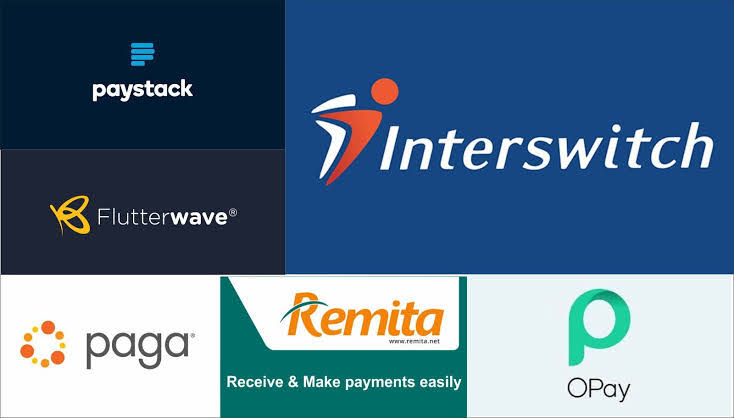THE FUTURE OF FINTECH IN NIGERIA: CHALLENGES OF 2023 AND SOLUTIONS
- Posted on March 06, 2023
- Editors Pick
- By Kunle

Fintech, short for financial technology, has rapidly evolved over the years and has revolutionized the way we do business, make transactions, and manage our finances.
Nigeria, being one of the fastest-growing economies in Africa, has seen a significant rise in the adoption of fintech services
As we move further into 2023, it is essential to explore the future of fintech in Nigeria and the challenges it is facing.
The future of fintech in Nigeria
The future of fintech in Nigeria is promising. The country has a large unbanked population, which presents a huge opportunity for fintech companies to provide affordable and accessible financial services. And they are creating a lot of job openings for work seekers.
The Nigerian fintech sector might reach $1.8 billion by 2023, and that is just the tip of the iceberg, according to a report by McKinsey & Company.
The elements promoting the development of fintech in Nigeria
Smartphone penetration: Smartphones are ubiquitous in Nigeria, with over 84 million active internet users. This presents an opportunity for fintech companies to leverage mobile technology to provide financial services.
Increasing access to the internet: Nigeria has one of the fastest-growing internet penetration rates in the world, and internet users are set to increase to 115 million users by 2027. This presents an opportunity for fintech companies to leverage the internet to reach a broader customer base.
Youthful population: Nigeria has a youthful population, with over 60% of the population below the age of 30. Young people are more likely to adopt new technologies, and this presents an opportunity for fintech companies to create products and services tailored to their needs.
Government Policies: With the recent aim of the financial regulatory bodies and the Central Bank of Nigeria to turn the country into a cashless society in the foreseeable future, fintech companies are motivated to thrive in this economy.
what are the serious challenges facing fintech in 2023
There are several challenges that fintech companies in Nigeria are facing and these challenges are critical enough to slow down the growth of the industry if not adequately addressed.
Some of the challenges include:
Limited access to funding: Despite the growth potential of the Nigerian fintech market, access to funding remains a significant challenge. Investors are often wary of investing in startups due to the high risk involved.
Regulatory environment: The regulatory environment in Nigeria can be complex and confusing, with multiple regulatory bodies involved in the oversight of the fintech industry.
In recent times, regulatory bodies have increased the monitoring of fintech companies due to their potential to be used to commit financial crimes. This has led to delays in getting necessary approvals and licenses.
Infrastructure: Although mobile phone and internet penetration rates are high, the quality of the infrastructure remains a challenge. Poor electricity supply, limited access to affordable and fast internet, and poor road networks can hinder the growth of fintech companies.
Cybersecurity: Cybersecurity is a significant concern in Nigeria, with a high number of cybercrime incidents reported every year.
As recent as February 2023, Fintech giant in Africa Flutterwave was reportedly hacked and a sum close to 2.9 billion Naira was stolen. Although the company later debunked the event it makes it essential for fintech companies to invest in robust cybersecurity measures to protect their customers' data and money.
Trust and awareness: Many Nigerians are still wary of using fintech services, and there is a lack of awareness about the benefits of these services.
Many Nigerians have lost money to numerous Ponzi Scheme in the past and are still wary of anything that pertains to saving their hard-earned money online
This can hinder the adoption of fintech services, even as they become more widely available.
The future of fintech in Nigeria is incredibly promising, and the industry is expected to grow significantly over the next few years.
However, the challenges facing fintech companies in Nigeria must be addressed for the industry to reach its full potential.
To end these, the government, investors, and fintech companies must work together to address these challenges and create an enabling environment for innovation and growth.


Be the first to comment!
You must login to comment